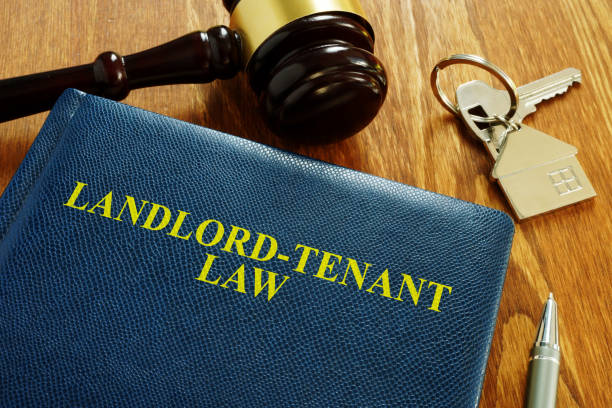A Guide to California Landlord and Tenant Law
Introduction
California landlords are legally required to offer and maintain habitable rentals. However, tenants also have certain rights and protections under California law. It's important for both landlords and tenants to understand the rights and responsibilities that come with renting or owning a property in California.
California Rent Control Laws
California is one of the first cities in the country to enact statewide rent control laws. The Tenant Protection Act of 2019 implemented statewide rent and eviction control laws that affect most residential tenancies in the state. This Act caps rent increases statewide for qualifying units at 5% plus inflation, or at 10% of the lowest gross rental rate charged at any time during the 12 months prior to the increase, whichever is lower.
Rental Property in California
Rental property in California refers to a real estate property that is owned by a landlord and rented out to tenants for a specified period of time, usually on a monthly basis. California landlords are required to follow state and local laws that govern the rights and responsibilities of both landlords and tenants.
Importance of Renter’s Insurance
Renter’s insurance is a type of insurance policy that provides coverage to tenants or renters of a property against losses or damages to their personal property and liability for accidents that occur on the rented property. It’s important to note that renter’s insurance does not cover the structure of the property itself, as that is the responsibility of the landlord.
Landlord’s Property Insurance
Landlord’s property insurance is a type of insurance policy that is designed to protect rental properties owned by landlords. It typically covers damages to the building structure and any personal property owned by the landlord that is inside the property. Landlord’s property insurance can help provide financial protection to landlords from losses due to events like fires, storms, vandalism, theft, and other covered events.
Flood or Water Damage
Flood damage refers to damage caused by a flood, which is the overflowing of water onto normally dry land. Floods can cause extensive and destructive damage to homes and buildings. It is the landlord’s responsibility to handle all serious repairs and to notify the tenant about any damage, including flooding. It’s important to have flood insurance to protect against major repairs.
Landlord Responsibilities
A landlord has several responsibilities related to the property and the tenant’s living conditions. It's important for landlords to maintain the property, make repairs in a timely manner, provide basic utilities, and ensure the tenant's right to quiet enjoyment of the property. Landlords must also follow the terms of the lease agreement and return security deposits in a timely manner.
Rent Withholding
Rent withholding is a legal concept that allows tenants to withhold rent payments if the landlord has failed to meet their legal obligations related to the property. In most cases, rent withholding is only allowed if the landlord has failed to make necessary repairs or has otherwise violated the terms of the lease or local housing codes.
Conclusion
In conclusion, understanding the rights and responsibilities of both landlords and tenants under California law is crucial for a successful rental experience. Both parties should be aware of the laws and regulations that govern rental properties in California to ensure a safe and habitable living space for all.









.png)


.png)